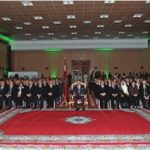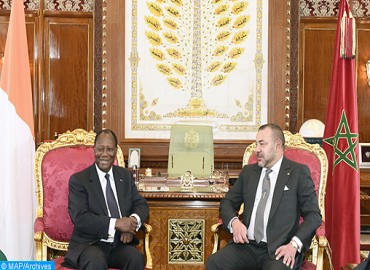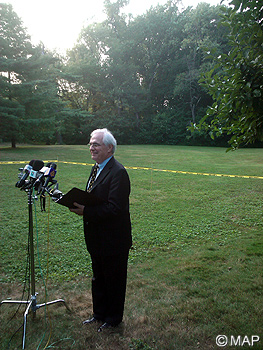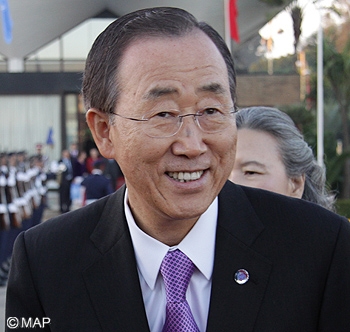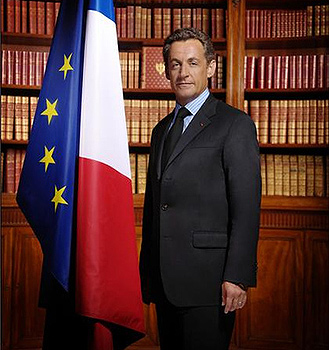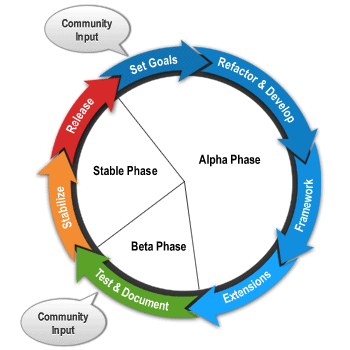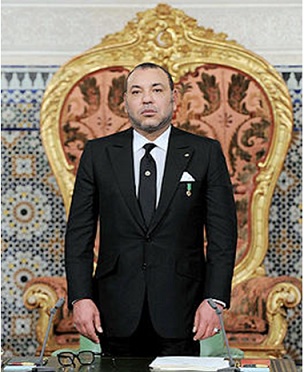Jihadi-inspired terrorist attacks is going high in Europe
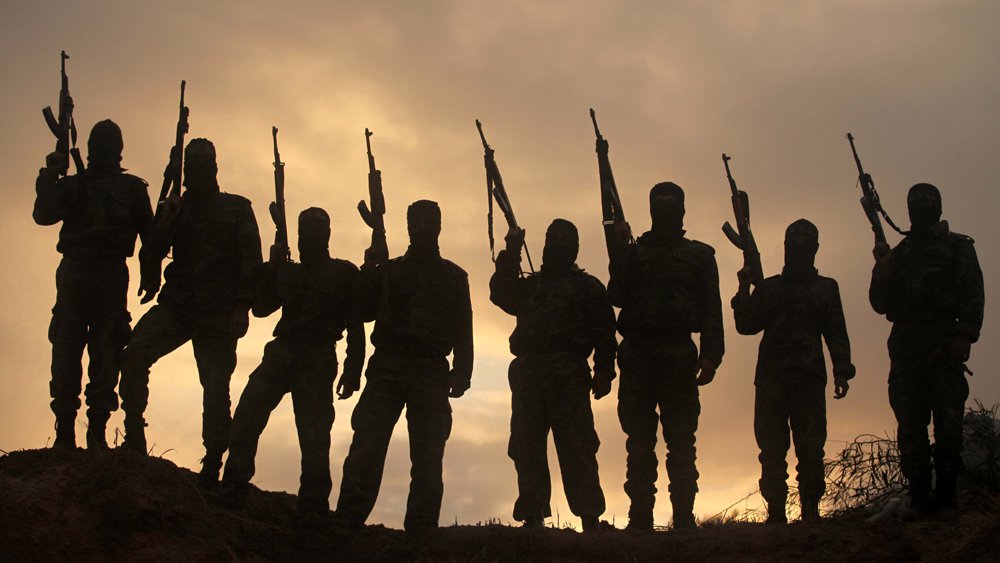 PERSISMA – The increase of jihadi-inspired terrorist attacks in Europe during the last three years, including the attacks in Barcelona and Turku in Finland, poses with acuity the issue of the inherent reasons and causes of this ascension of terrorist violence that has embodied itself in no less than 38 attacks that claimed the lives of civilians of all communities and religions in Europe.
PERSISMA – The increase of jihadi-inspired terrorist attacks in Europe during the last three years, including the attacks in Barcelona and Turku in Finland, poses with acuity the issue of the inherent reasons and causes of this ascension of terrorist violence that has embodied itself in no less than 38 attacks that claimed the lives of civilians of all communities and religions in Europe.
If we could state that the conflict in Syria and Iraq has been a catalyst behind this unprecedented terrorist wave that swept the whole European continent, given the key role played by the terrorist organization “Daech”, and to a lesser degree, “Al Qaida”, in preaching new ideological concepts of the so-called “Global jihadism”, we could also assess that endogenous factors inherent to the European society have engendered this hatching and entrenching of the jihadist rationale within a range of the Muslim community in Europe, especially the Maghrebi one mainly concentrated in France, Belgium, Spain, Germany and Italy.
Among these factors lays the feeling of marginalization experienced by some young European Muslims who lack a reassuring social perspective and an efficient response to religious, cultural and identity crises, worsened by the ascension of xenophobia and racism in a number of European societies as shown by the success of some electoral groups of the European Far-right.
In these circumstances, some young European Muslims, faced with academic failure and unemployment, have been lost to criminality and delinquency, thus filling custodial settings and prisons in Europe where a number of them have been radicalized by radical and extremist ideologists.
Others, undergoing an identity crisis, have sought refuge in places of worship undertaken by some Islamist radical movements (Muslim Brotherhood, Party of Liberation, Al Adl Wal Ihsan (Justice and Spirituality)) who are actual incubators of the radical ideology and who progressively direct their recruits towards “Salafi jihadism” of Daech and Al Qaida that claim the Christians and Europe responsible for the decline of the Islamic civilization. This, actually, accounts for the unprecedented violence that we witness in the attacks perpetrated by these two terrorist organizations in the European continent; “an apocalyptical violence of massive destruction” embodied in the attacks of Paris (November 2015), Brussels (March 2016), Berlin (December 2016), Manchester (May 2017), and recently, Barcelona (August 2017).
The majority of these attacks share the particularity of being fomented by young European terrorists of Maghrebi origin (Morocco, Algeria, Tunisia, Libya), whose sole link to the Maghribi region is the origins of their parents or grand-parents. These youngsters are generally living in precarious conditions in Europe, they have failed in school and, for some among them, they have evolved in criminal networks.
As for the Paris attack on November 13th, 2015, we should underscore that the terrorist operatives are born and raised either in France or Belgium. The suicide bomber Omar MOSTEFAI is French of Algerian origin, Samy AMIMOUR is another French of Algerian origin, Foued Mohamed AGGAD and Brahim ABDESLAM are French of Moroccan origin, Abdelhamid ABAAOUD, the mastermind of the Brussels’ attacks, is a Belgian of Moroccan origin.
As for the attacks on March 22nd, 2016 in Brussels, we have the same setting: young Belgians of Moroccan origin but who, nevertheless, nurture no connection to Morocco whatsoever, such as the suicide bombers Najim LAACHRAOUI, Mohamed ABRINI, Khaled EL BAKRAOUI, Brahim EL BAKRAOUI.
Concerning the attacks on the 17th and 18th of August 2017 in Barcelona and Cambrils (the Catalan region), they were perpetrated by a terrorist cell of 12 Moroccan nationals aged between 17 and 44, all raised and established in Spain. The brothers HICHAMY Omar (aged 21) and Mohamed (aged 24) have travelled to Spain at a very young age. The brothers El Houssaine (aged 19) and Younes (aged 22) ABOUYAAQOUB have also moved to Spain with their parents at a young age. The brother AALLA Said (19), Youssef (aged 22) and Mohamed (aged 27) were established in Spain since their childhood. And last, Moussa OUKABIR, was born in Ripoll, Spain, while his brother Driss (aged 28) has moved to the country when he was 10.
As for Abdebaki ESSATTY (aged 44), he was born in Morocco, he was an ex-convict of drug trafficking, and had immigrated to Spain in 2000 leaving his wife and children established in the city of Tetouan.
And for Mohamed HOU CHEMLAL (aged 21), naturalized Spanish, he has moved to Spain with his parents when he was 6 months old.
This being said, the observation that a terrorist group utterly disconnected from the Kingdom seems to be unheeded by the media coverage. As a matter of fact, all that the media highlights is the Moroccan origin of the perpetrators rather than acknowledging that it is rather some extremists who are totally disengaged from their host country.
From this vintage point, it would be detrimental to demonize the country of origin of these terrorists as Morocco cannot be accountable for crimes perpetrated by nationals who were raised in Spain; who are, indeed, considered as Europeans or byproducts of the society in which they have thriven.
The unfounded stigmatization of Morocco as an exporter of terrorism implicates an assumption that a genetic predisposition for violence is prevalent in the country, whereas the radicalization course of terrorists in their host countries thrives in the failure of their integration process, in the social and economic frustrations they are subject to and in the identity crisis that ensues. All these factors combined make Islamist radicalism more attractive to these nationals.
Case in point, the Moroccan national, Abderrahmane BOUANANE, (born in Casablanca, aged 23, unknown on the Islamist level in the Kingdom), has perpetrated a knife attack on August 18th, 2017 in the city of Turku, Finland, where he was radicalized by adopting Daech’s ideology. BOUANANE has left Morocco on October 24th, 2015 to Turkey and illegally accessed Finland by infiltrating the flux of Syrian refugees. In 2016, he displayed the first signs of radicalization under the influence of a hate predicator established in Finland.
The immigration component is from now on decisive in terrorism that plagues the European countries where attacks are byproducts of youngsters who have been radicalized either in prisons, mosques or other prayer rooms, or through operational intermediaries who encourage “jihad” in the social media.
As a matter of fact, the radicalization process of the terrorists of the Barcelona attack in a given place of worship in Ripoli undertaken by the imam ABDELBAKI ESSATY, should have stimulated a prompt response from the media rather than interviewing their relatives who live peacefully in the regions of M’rirt and Aghbala.
As a conclusion, if the terrorist menace embodied by this stratum of young European terrorists of Maghribi origin exposes Europe to a new mass terrorism inspired by Daech and constitutes a source of concern to the European states, we should not overlook the troublesome threat that these same youngsters represent to the countries of their fathers and grand-fathers, where a number of cases claimed by the security services of these countries indicate their implication in terrorist plans.
Instead of engaging in preposterous and unfounded accusations on the origins of an inherent and exclusive European terrorism, it would be judicious to consolidate the excellent dynamic of cooperation in the field of security between Europe and Morocco which helped thwart a number of terrorist attacks fomented by Daech as acknowledged by these European countries.

